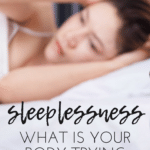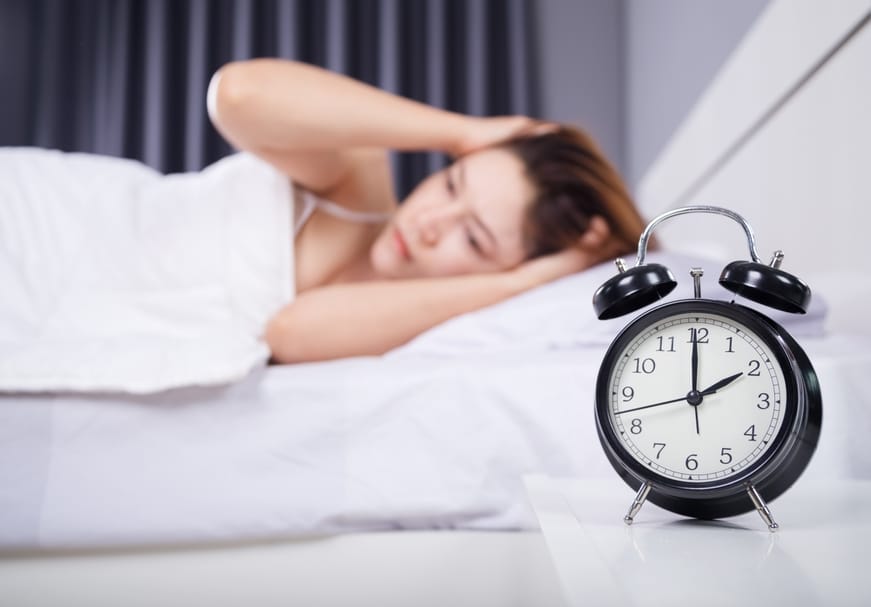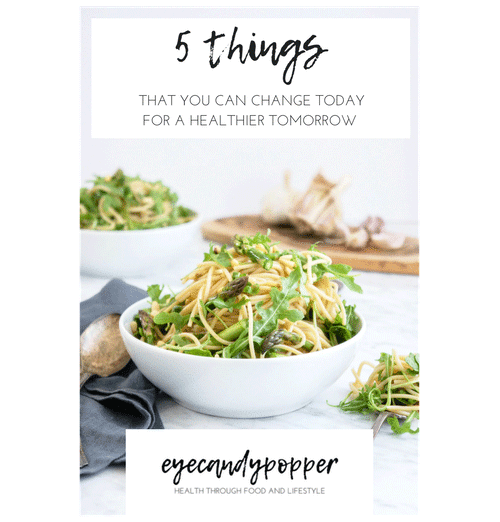Sleepless nights. We’ve all experienced them. It’s not fun to get up the next day feeling even more tired than when we went to bed. Spending hours falling asleep to wake up exhausted the next morning. Sleeplessness, or not being able to sleep, can be caused by many factors. In today’s article, the first out of 2 articles, let’s examine sleeplessness in more details with our regular contributor, Karen.
Sleeplessness Part 1: What is your body really trying to tell you?
by Karen Carter, RHN, B.A., M.Cl.Sc.
The hours keep passing by and your thoughts keep racing, you’re desperate to get some zzzzzs but your mind and body won’t go for it. Errrrr! I’ve come to realize that absolutely nothing – NOTHING – throws my day off more devastatingly then a lack of sleep the night before. Far above eating the wrong things or lack of exercise, a restless, sleepless, night will make me function so below my normal capabilities I might as well call in sick from work (and life) as I’m barely a human being without proper sleep. We all know what it feels like to wake up feeling exhausted and not ready to face the day. We feel irritable, impatient and reliant on stimulants to feel anywhere near human. But are our bodies trying to tell us something? We spend one third of our lives sleeping and sleep is essential to maintaining good health, yet research shows that 4 out of 5 people report suffering from sleep difficulties at least once per week. Having the occasional sleepless night is difficult enough, but for those who suffer from chronic insomnia or more long term challenges with sleeplessness, it is important to reflect as to what is really happening. To find out what’s really stopping you from a blissful night’s rest, grab a pillow, curl up and keep reading. Hint: sleeplessness is not a disorder, it’s a symptom. Let’s explore.
- Stress
When people are experiencing stress, the body responds by releasing hormones (adrenaline and cortisol), which are stimulating. The result can be difficulty sleeping, especially when we’re unable to unwind and get our bodies out of the stress response. This can start a vicious cycle as being sleep-deprived also makes us less able to deal with stressors in our lives, which can lead to even poorer sleep. Research also shows that rapid eye movement (REM sleep), which is the restorative sleep that is considered helpful for decreasing stress hormones, is greatly reduced in people who are experiencing chronic stress.
- Obesity
Recent studies reveal a strong link between poor sleep habits and obesity rates among adults. People who consistently get less than 6 hours of sleep per night are much more likely to have a higher body mass index (BMI), a scale measuring fat composition based on height and weight, then people who regularly sleep 8 hours per night. Researchers believe that this is likely due to a disruption in hormone secretion. Our bodies secrete several hormones during sleep which are involved with appetite suppression, metabolism and our ability to process glucose; when these secretions are disrupted due to lack of sleep, weight gain can occur.
- Diabetes
Poor sleep has been shown to lead to higher cravings for foods that give us quick access to an energy boost, such as sugary foods or foods that are highly refined. Due to the blood-sugar imbalance this can create, there is an increased risk of type II diabetes for people who have less than ideal sleep habits. One study found that cutting sleep back from 8 hours to only 4 hours, significantly reduced the ability for glucose to be processed then those who were able to sleep longer. Adults who slept less than 5 hours per night on average have a greatly increased risk of developing diabetes.
- Heart Disease
Research looking into the risk of hypertension (high blood pressure), heart disease and stroke found an increased risk of these diseases when sleep is poor. People who have less than 6 hours of sleep per night are twice as likely to develop heart disease or stroke then people who sleep for longer periods nightly. According to the World Health Organization, sleep is a risk factor for developing heart disease and stroke, along the same lines as smoking, lack of exercise and consuming a diet high in saturated fats.
- Anxiety and Depression
We’ve all felt irritable, groggy, short-tempered and mentally exhausted from lack of sleep. When sleeplessness is chronic, studies have confirmed that the likelihood of having depression, anxiety and other mood disorders (such as schizophrenia) rises significantly when there is consistently less than 5 hours of sleep per night of sleep. Specifically, one study showed that the likelihood of depression was shown to be 4 times more likely in people who suffer from insomnia compared to those who do not. In another study, anxiety disorders were 20 times more likely for people suffering from sleeplessness then those who did not.
- Allergies
Allergies can play a huge role in our ability to sleep, however, this is often overlooked as a possible cause of sleeplessness. Studies have shown that over 60% of people suffering from allergies also have sleep difficulties. There are 20-50% of people in North America who suffer from allergies associated with pollen, pet dander or dust, which irritate the nasal passages and cause sneezing, running nose, swollen glands – and – sleep difficulties. It may be worth a look to see if your sleeplessness is due to allergies.
- Alcohol
Studies have shown that alcohol consumption before bed can significantly decrease the quality of sleep one gets during the night. Specifically research has found that REM sleep (described above) is reduced when even a small amount of alcohol is consumed prior to bedtime. The short term effects of using alcohol before bedtime, can decrease the amount of time it takes to get to sleep, however, the quality of sleep in the latter half of the sleep cycle can be significantly compromised.
What’s your magic number for optimal sleep?
If you are consistently feeling tired and sleepless, you probably need more sleep! The best person to determine exactly how much sleep you need in a night, is YOU. In general, adults aged 18-65 years old need 7 to 9 hours of sleep per night to feel their best, however, the amount of sleep we need varies greatly from one individual to another. Are you feeling tired? It’s a simple question to ask yourself to determine whether you’re getting an adequate amount of sleep in a night. Some tips to determine your needs:
Keep a diary – you may be surprised what you find! Whether you manually record the time you go to bed, get up through the night and wake up in the morning, or use an activity tracker to determine your sleep patterns, you’ll be able to see exactly what’s happening. Also note what you felt like in the morning. Are you refreshed or groggy?
Ditch your alarm clock – try this during your next vacation when you don’t need to worry about getting up in the morning. To try this experiment, pick a bedtime that is consistent every night. Don’t set your alarm and see when you wake up in the morning. The first few days may not be accurate as you are likely catching up on lost sleep, but over the course of a week or two, you’ll see a pattern of how many hours are optimal when it comes to rest.
Before considering the available remedies out there to help you sleep better, it’s best to first explore what your body is telling you when you are not sleeping well. Are you at risk for developing or are you currently experiencing any of the abovementioned health challenges? Talk to your health care practitioner to see what the root cause of your sleep difficulties are before pursing treatment options.
Stay tuned for my next article where we’ll examine sleeplessness in more details and some of the solutions in our everyday life.



Leave a Reply